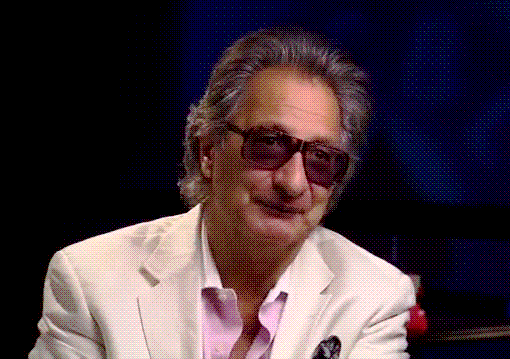![]() The Guardian, Saturday August 13
The Guardian, Saturday August 13

A reader writes to ask the meaning of a phrase used by the local expert at his club: the “Principle of Restricted Choice”.
In its simplest form the principle says this: a player should be assumed not to have had a choice, rather than to have exercised a choice in a particular way. The situation in which the principle is most often applied is something like this:
Dummy
![]() A 10 9 6
A 10 9 6
You
![]() K 8 7 5 4
K 8 7 5 4
Suppose that this is your trump suit, and suppose for the sake of dramatic effect that your contract is seven spades. Fortunately, you have no losers outside spades. West leads a side suit; you win and elect to play a spade from your hand towards dummy, on which West contributes the queen. Winning with the ace, you lead the 10 of spades from the table and East, who followed to the first round with the two, follows to the second with the three. You . . . well, what do you do?
West is slightly more likely to have been dealt an original holding of queen-jack doubleton in spades than singleton queen. Does this mean that you should go up with the king? No, for you should assume that West played the queen of spades because he had the singleton queen and thus no choice, rather than because he had a choice and chose to exercise it by playing the queen from queen-jack doubleton. You should therefore run the 10 of spades on the second round, which will work roughly twice as often as playing the king.
The principle can be used to solve a famous problem not related to bridge. You have reached the final round of a quiz show and are shown three boxes. One of these contains £1m, the others are empty. You select a box at random. The quizmaster, who knows which box contains the money, opens one of the boxes you have not chosen, to reveal that it is empty. Then he asks you if you would like to keep your choice or whether you would like to switch to the other unopened box. You . . . well, what do you do?
You switch boxes. You should assume that the quizmaster opened the one he did because he had no choice – that is, because the million pounds was in the other box you had not chosen – rather than assuming that he opened the one he did because he chose it from two empty boxes. In this case, you will win twice as often by switching boxes.
The principle can help you in more subtle ways in bridge. Try your hand at a contract of one no trump:
![]() A 6 2
A 6 2
![]() 8 7
8 7
![]() 9 8 4 3
9 8 4 3
![]() K 8 7 5
K 8 7 5
![]() 9 8 5
9 8 5
![]() A K 3 2
A K 3 2
![]() Q 5
Q 5
![]() A J 10 9
A J 10 9
You, South, have opened and closed the bidding with a weak no trump. West leads the three of spades and you can assume that this is the fourth highest card from his longest, or equal longest, suit. You had better guess the location of the queen of clubs correctly, for if you lose a trick to that card you will go down. You . . . well, what do you do?
You win the ace of spades, cross to the ace of clubs, and run the jack. West’s lead of the three of spades shows a four-card suit. If he had another four-card suit he might have chosen to lead that instead. In accordance with the principle, we assume that he did what he did because he had no choice. And if he had no choice his distribution must be 4-3-3-3. That is, he is likely to have three clubs to East’s two, and thus he is more likely to hold the queen.


